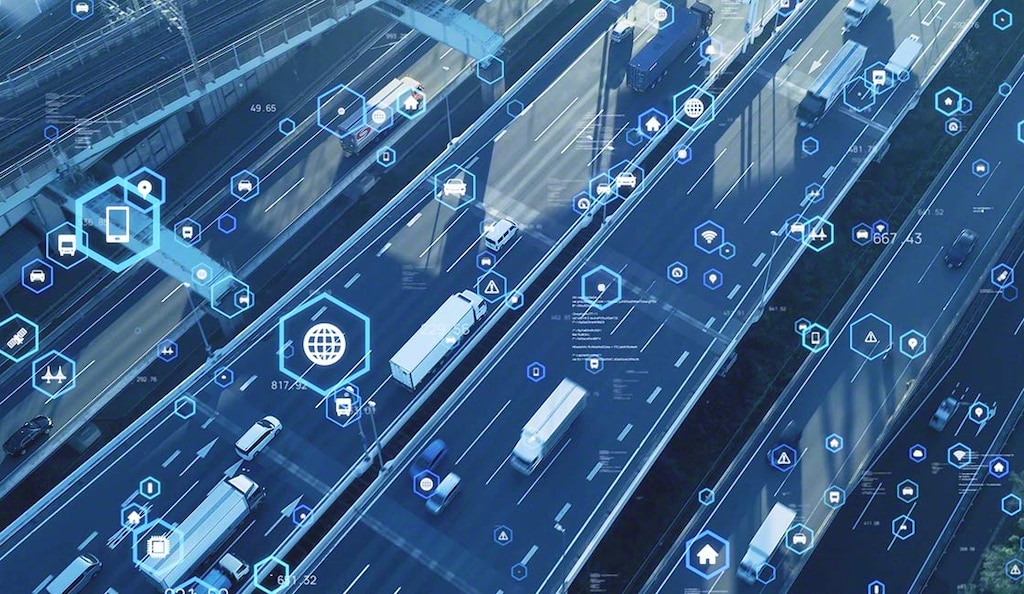
Emotional robots in logistics: boosting efficiency and customer experience
In the Industry 4.0 era, logistics and storage have undergone a radical change thanks to the integration of cutting-edge technologies. Among all the innovations, emotional robots are proving to be a disruptive and promising solution for companies.
Emotional robots are not only capable of performing tasks efficiently but are also equipped with artificial intelligence (AI) that enables them to interpret and respond to human emotions. This solution could transform the way we interact with technology in our work environment.
Knowing what emotional robots are, how they can be applied in the field of logistics, as well as the benefits they provide is essential when it comes to getting the most out of this new technology.
What are emotional robots?
Emotional robots, also known as affective robots, are machines capable of interacting with people in a more natural, intuitive and empathetic way. Thanks to the latest advances in AI, they can recognise, interpret and respond to the emotions of the human beings with whom they interact.
Unlike purely functional robots that perform specific tasks, emotional robots use advanced sensors such as cameras and microphones to detect human emotions through, for example, facial expressions, tone of voice and gestures.
Based on the emotions they detect, these robots are capable of adjusting their responses and behaviour in accordance with the emotional state of the people around them. Furthermore, emotional robots use machine learning algorithms to continually improve their understanding of and response to human emotions.
The IT research and consulting firm Gartner confirms the relevance of this emerging technology: “Emotion AI technologies — also called affective computing — use AI techniques to analyse the emotional state of a user via computer vision, audio/voice input, sensors and/or software logic.”
Applications of emotional robots in logistics
“Tech giants, as well as smaller startups, have been investing in emotion AI for over a decade, using either computer vision or voice analysis to recognise human emotions,” writes Gartner.
Emotional robots are still a technology in the experimental phase, but their potential for improving corporate logistics is promising:
- Customer support. In logistics and warehousing environments, emotional robots can interact with customers to provide personalised assistance and guidance in real time. They can also offer empathetic and personalised responses to customer inquiries.
- Goods transport. Emotional robots can be used during the freight transport phase to detect driver fatigue or stress. Monitoring driver emotions helps prevent accidents and ensures safer driving.
- Personalisation and customer loyalty. Emotional robots can help companies personalised interactions with their customers by adapting to their specific emotional preferences and needs. By better understanding consumer expectations, businesses can make strategic improvements that build brand loyalty.

Benefits emotional robots bring to logistics
Although the use of emotional robots in logistics is still in its infancy, several potential benefits of its implementation in this field are anticipated:
- Improvement in human–robot interaction. In logistics environments, emotional robots can communicate more naturally and empathetically with workers and customers. With better cooperation and mutual understanding, companies can increase productivity and consumer satisfaction.
- Reduced work stress. The presence of emotional robots in the workplace can reduce employee stress and fatigue, as these technologies provide emotional support and foster a more positive work environment.
- Resource optimisation. Emotional robots can work in tandem with human staff, allowing for better resource utilisation and a more equal distribution of tasks.
- Increased level of customer satisfaction. Interaction with emotional robots provides a more satisfying and personalised customer experience, which can improve loyalty and retention.
Emotional robots: for a more human-centric logistics
Emotional robots are emerging as a valuable tool with the potential to transform logistics and warehousing. Their capacity to understand and respond to emotions opens up new possibilities for a more humane and personalised interaction with customers and employees.
From improving the customer experience to optimising logistics operations, affective robots are a promising trend. Although the adoption of this emerging technology presents technical challenges, its large-scale deployment would offer significant benefits for improving companies’ logistics operations.
Mecalux is committed to the implementation of cutting-edge technology to solve any logistics need. Get in touch and we’ll show you how to modernise your supply chain.
